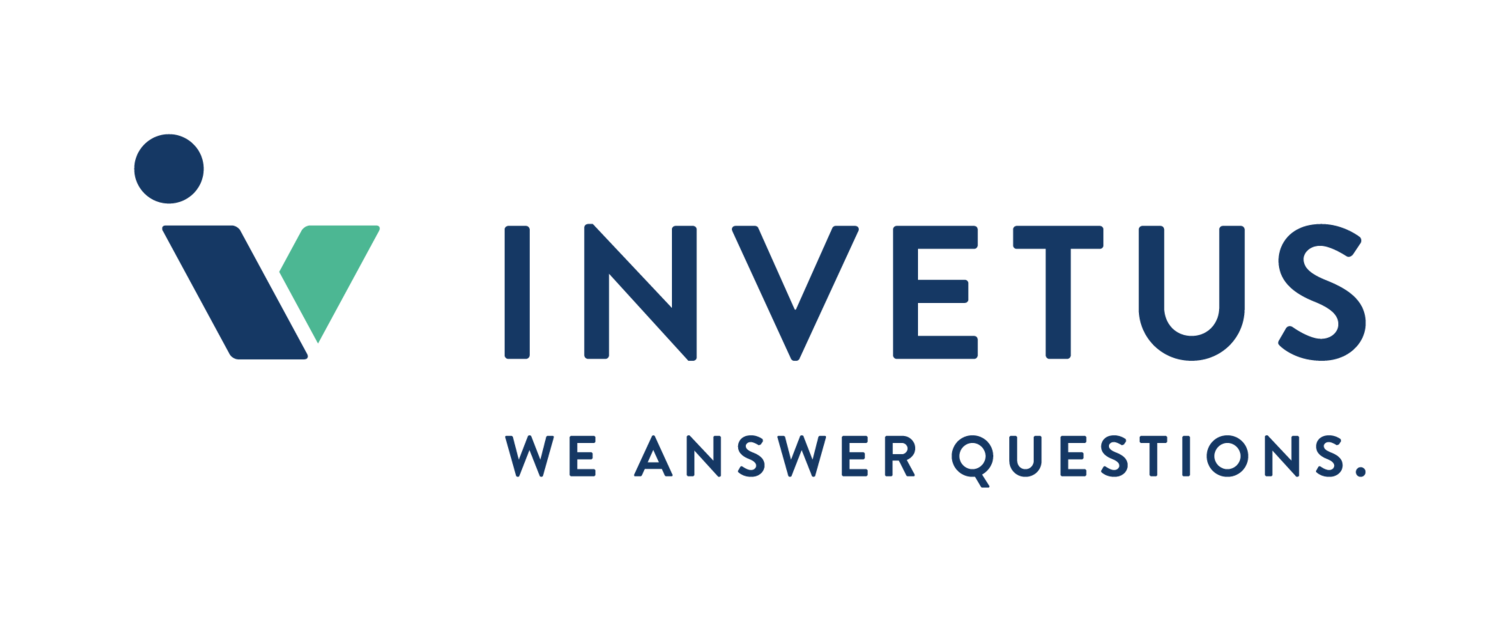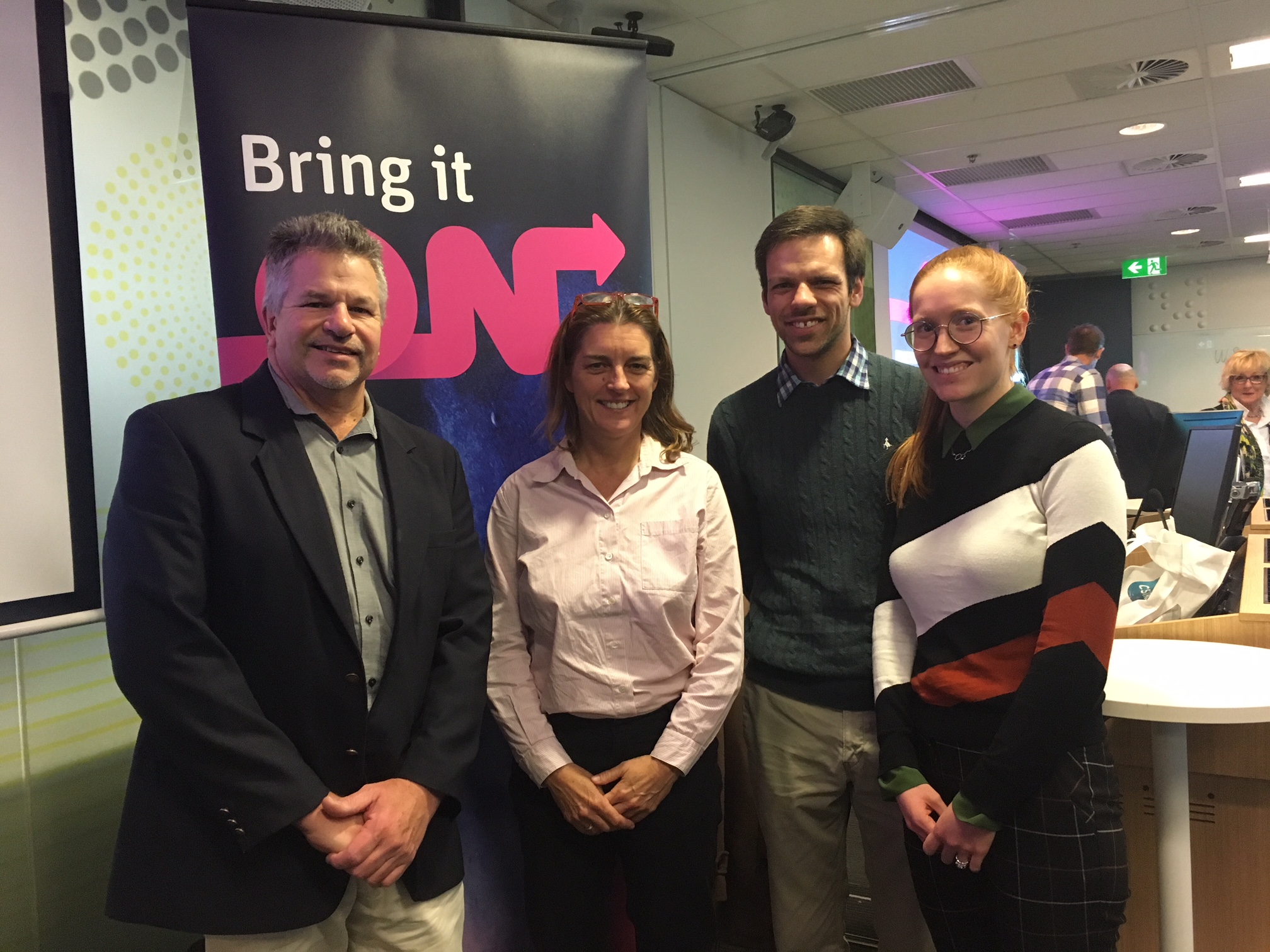Invetus and CSIRO - what a team!
/Invetus has teamed up with CSIRO to be part of a new business development program called ON Prime. ON Prime has taken over 100 groups of scientists through an intensive series of workshops to see get their ideas converted to a proper business model that has a high chance of success. At the end of the program there is the opportunity to pitch to real investors interested in the various technologies.
Invetus and CSIRO’s Probing Biosystems unit are particularly interested in comparative oncology. This is where spontaneous disease in animals (especially dogs and cats) can be used as a model for human disease. First-in-human trials (Phase 1) are critical to the success of any new medicine becoming available. Invetus' Veterinary Clinical Research Network (VCRN) has the capability and resources to implement these sorts of trials in Australia.
Often models in mice and other rodents are not predictive of what can happen once these therapies get into humans. Spontaneous cancers in dogs, like lymphoma, osteosarcoma, solid tumours and brain cancer are very similar to that found in humans as they share many of the same genes, the same environment and often the same diets as us.
Completing trials in animals would give the company developing the therapy a high degree of confidence that their therapy was going to be safe and work in humans with the same type of cancer. For more information please see the following link from the University of Colorado who are actively engaged in comparative oncology.
L-R: Dr Stephen Rose (CSIRO), Dr Elizabeth Evans (Invetus), Dr Simon Puttick (UQ/CSIRO), Sam Puttick, (CSIRO - Research Assistant)
Dr Simon Puttick from the University of Queensland, Professor Stephen Rose of the CSIRO's Probing Biosystems unit, and Invetus' own Dr Elizabeth Evans are working together through the ON Prime process, and hope to convince investors that their idea is worthy of support.
As part of the process, they have had to contact potential stakeholders and interested parties - to date, they've had nearly 60 conversations. As Liz said:
"If we hadn't been required to do it as part of the program, we would never have tried so hard. We've been overwhelmed with the interest and input we've received, from biotechs to government departments, from university professors to other research institutions to name but a few. Even if the initial idea doesn't go forwards, we've made some great contacts and will refine the original concept."
As part of the program, the team has been awarded $3,000 in competitive grants to progress their idea. Their final presentation is on the 19th June - we wish them luck!
Contact Elizabeth Evans for more information on eevans@invetus.com.



